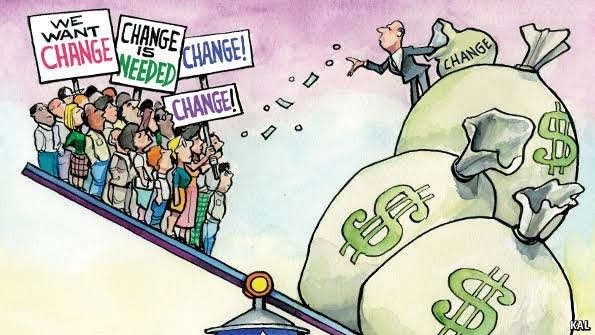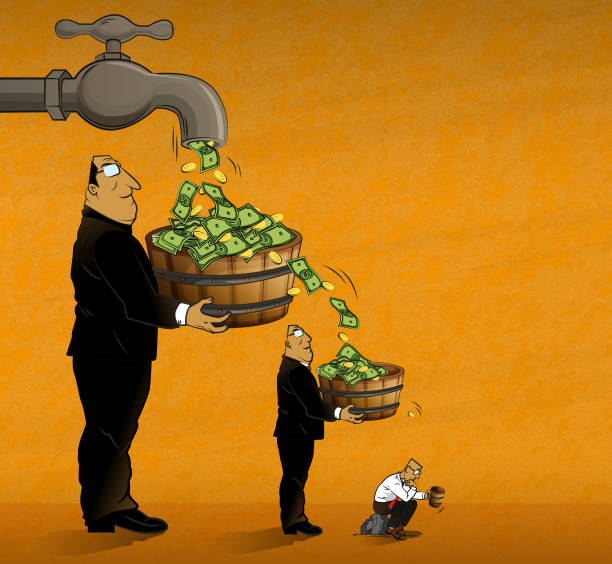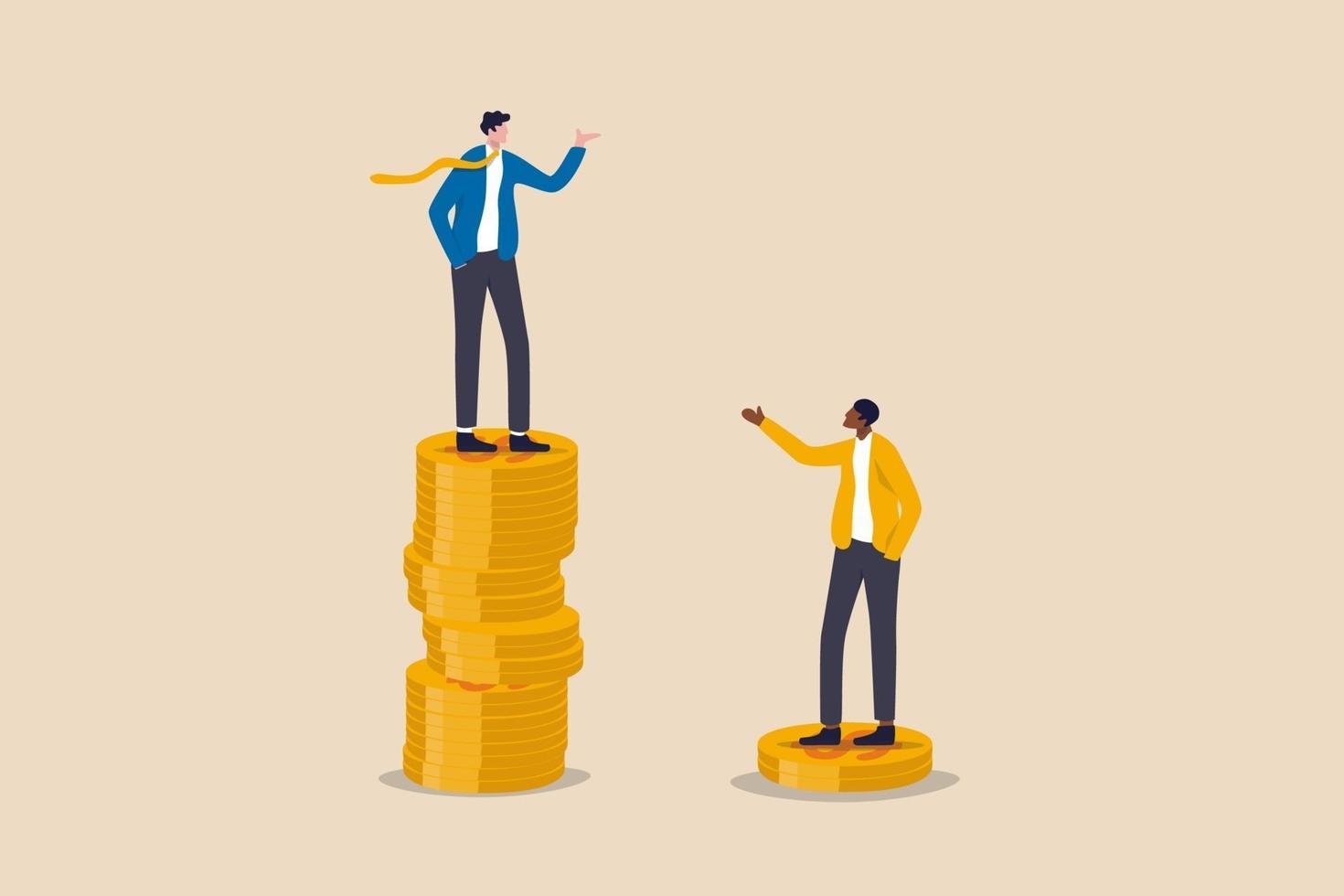Wealth Inequality

Wealth inequality has become one of the most pressing economic issues of the 21st century.
The Dive
Wealth inequality in the United States has reached a tipping point, with the top 1% now controlling an eye-popping portion of the nation’s wealth. In fact, the disparity between the richest Americans and the rest of the country has never been so wide. The richest individuals are seeing their fortunes grow exponentially, while a vast majority of Americans are treading water or, in many cases, sinking. This isn’t just an economic issue—it’s a social one. The extreme concentration of wealth limits access to essential services like quality education, healthcare, and affordable housing. For most people, the American Dream feels less like an achievable goal and more like a cruel joke.
This imbalance isn’t just a matter of who gets what slice of the pie—it’s about who gets to shape the recipe. The richest 1% have an outsized influence on policy-making. Their wealth enables them to lobby, donate to political campaigns, and fund think tanks that push for tax cuts, deregulation, and policies that perpetuate this cycle of concentration. Meanwhile, the rest of us are left watching from the sidelines as the system, designed by and for the wealthy, leaves the majority behind. The result is a more polarized society, where divisions between the rich and poor are no longer just economic—they’re social, political, and cultural. It’s a vicious cycle where those with the most resources are more likely to get their voices heard, while those who have the least are drowning in the noise.
Inequality isn’t inevitable. It’s the product of choices we’ve made as a society—and that means we can make different ones. Progressive tax policies, like closing tax loopholes and ensuring that the wealthiest individuals pay their fair share, are essential to reducing the wealth gap. But it doesn’t stop there. We need to ensure that everyone has access to quality education, not just those who can afford it. We need to implement policies that promote fair wages, ensuring that hard work is compensated fairly and that no one is left behind in a rigged system. And we need to invest in social mobility, because the path to a better life shouldn’t be reserved for the lucky few—it should be open to all.
The question is: Are we ready to challenge the status quo and build a society that values equity over privilege, fairness over wealth? The time for change is now. The next chapter in American history doesn’t have to be written by the few—it can be written by the many. We just have to demand it.
Why It Matters
Wealth inequality isn't just a financial issue—it's a systemic problem that limits opportunities for many while consolidating power in the hands of the few. This growing divide impacts access to essential services like education, healthcare, and housing, and creates deep social tensions. When the wealthiest can shape policies to their benefit, democracy itself is undermined. Addressing wealth inequality is crucial for building a society where everyone has a fair shot at success. Progressive tax policies, accessible education, and fair wages can level the playing field and provide opportunities for all, regardless of background. A more equitable society isn’t just desirable—it’s necessary for democracy to function as it should. It’s time to act.
?
How does inequality affect people in different parts of society, like in schools, healthcare, or where they live?
What role does education play in addressing wealth inequality, and how can we ensure equal access to quality education?
How might government or society work together to reduce the gap between the wealthiest and the rest of the people?
Dig Deeper
There's no question that economic inequality is real. But there is disagreement as to whether income inequality is a problem, and what can or should be done about it.
American wealth inequality is staggering. A wealth tax, which would hone in on the money people actually have, rather than just the money we earn and spend, could be a solution.
Related

Oligarchy
As the wealth and influence of a few ultra-wealthy individuals continue to shape American politics, we must ask ourselves: What is the cost of an oligarchy, and can democracy truly survive under the control of the few?

Citizens United: Democracy for Sale?
The Citizens United ruling changed the game of American democracy, granting corporations and unions unprecedented power in elections. But what does this mean for the future of fair representation?

Trickle-Down Economics
For decades, politicians have promised that cutting taxes for the rich would benefit everyone. But does the wealth really 'trickle down'—or does it just stay at the top? A deep dive into the history, evidence, and impact of trickle-down economics.
Further Reading
Stay curious!

